Lomo In-Depth: Why Film is Making a Comeback
6 31 Share TweetIt is inevitable that majority of the world is meant to progress, heading towards a technological utopia; but such is the power of human nostalgia. What a unique instance it is that the paperback remains alive and kicking in an age of Kindles and e-readers. Even film is finding its way back among the hands of photographers in exchange of USB cards.
We trace back film's journey in the new millennium with this editorial.
Laying out the advantages of digital: the inevitable exodus
When the year 2000 approached, there was a slow but progressing shift from film to digital. Of course, many were yet to afford a digital camera during the early days of the digital medium, but as the medium aged slowly and its market became more competitive, by the middle of the first decade of the 21st century many users (from professionals, amateurs and mere hobbyists) switched from their film cameras to digital.
Digital became affordable, cheaper and more practical than its predecessor -- qualities that not even a film lover can deny. No more waiting and developing images from the darkroom; no more regretfully taken photographs, nor running out of shots when more photo-op worthy subjects spontaneously come up. Time, money and effort was all reduced with the digital camera, and even more so when mobile phones began to incorporate high-end specs of cameras.
With such landscape in the photography market, film cameras and canisters became rare antiques for a while.

How the digital camera changed photography
With affordability, ease and and practicality, the digital medium has changed the practice of photography and behaviors of camera users. Photography became more widely-practiced, and in result anyone can easily produce good photos without having to even learn the terms of 'aperture', 'light sensitivity' or 'shutter speed'.
Tom de Castella from the BBC writes:
"People's behaviour in public has changed thanks to digital cameras. Nowadays diners in restaurants might greet the arrival of their food with a few excited clicks of their phone to capture that sushi or pizza for posterity. Go back a couple of decades and the idea of showing a friend a picture of a dinner you'd been served earlier would raise eyebrows. One of the most pronounced changes is at concerts and sporting events. Go to see a stadium gig and you'll be confronted by a forest of arms holding cameras aloft. At a football match thousands of little camera flashes speckle the crowd at kick-off and after goals."
It was the golden age of digital photography, and everyone enjoyed the flawless results digital cameras brought them; until everyone got bored with the perfection.
A new generation: the slow decline of digital and revival of film
It's not only children whom get bored with their old and new toys -- almost every walk of life does so, and photographers are not excluded from this cyclic nature. With perfectly-and-digitally-shot photographs, many are beginning to get sick of the norm; and how true it is that when perfection becomes easily reproduced, it begins to lose its appeal and value.
How do humans counter this? General history has gone over this many times: they break the trends by starting a new one.
A younger demographic, of those who grew up in the digital age, are making the switch to analogue for their photographic grind. Molly Gottschalk from Artsy writes:
"Today, digital technology has broadened the scope of what we can do—and who can do it. But we’re hitting up against a wall where this manufactured perfection mostly falls flat. This shift by no means isolates itself in photography. In actuality, the shift reflects a broader societal move that privileges realism and greater authenticity... Digital photographers continue to multiply. But, in step, a new generation of young photographers who’ve grown up with iPhones and touch-of-a-finger editing apps are side-stepping those technologies in favor of working with film. It’s slower, it’s harder to use—but that’s precisely what an emerging demographic, one met with constant virtual stimulation and flooded with digital images, is looking for."
Film is also becoming big among fashion photographers, according to Business of Fashion; a recent report by Petapixel indicates the increase of sales in the film market as well -- especially of Kodak, Fujifilm, Ilford, and Lomography's Purple XR. Moreover, instant photography is also becoming huge this year.
For what everything's worth, the future of film is shining brighter than it has ever did in a world of digital.
Are you also feeling the comeback of film? Share us your thoughts by commenting below.
written by Ciel Hernandez on 2017-10-08 #culture #analogue-photography #digital-photography #film-photography #lomo-in-depth





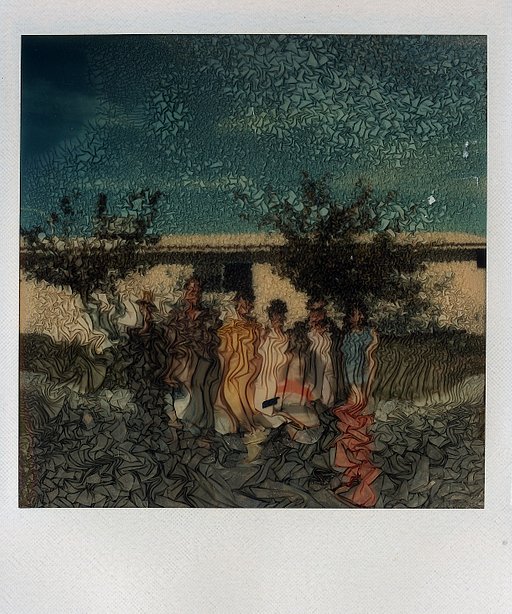

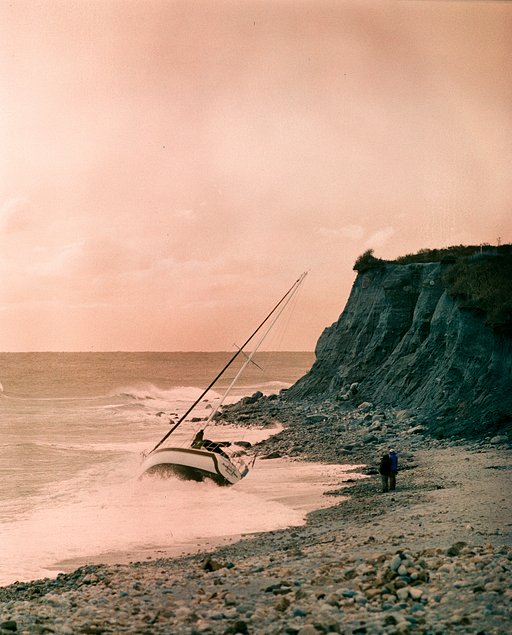
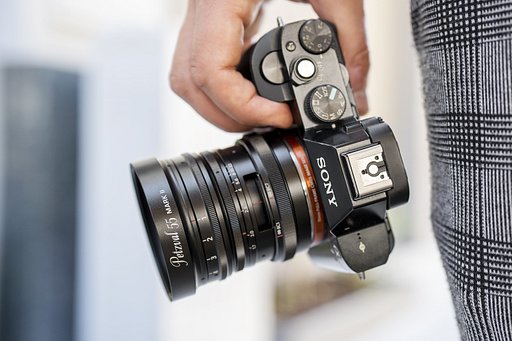




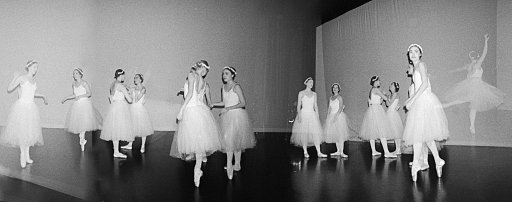






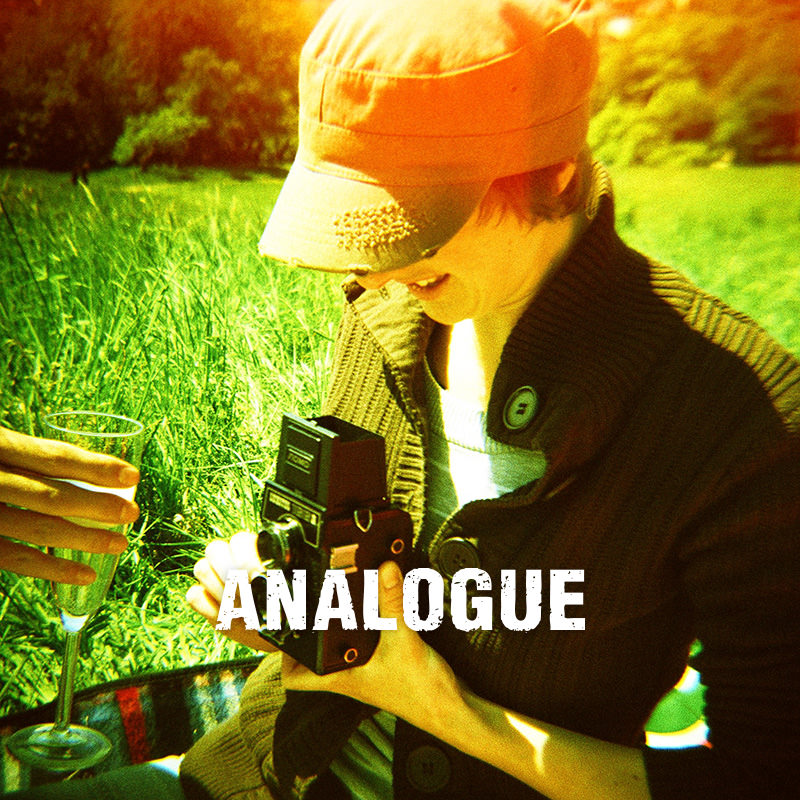
6 Comments